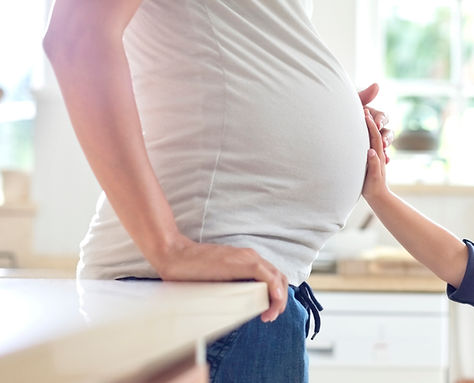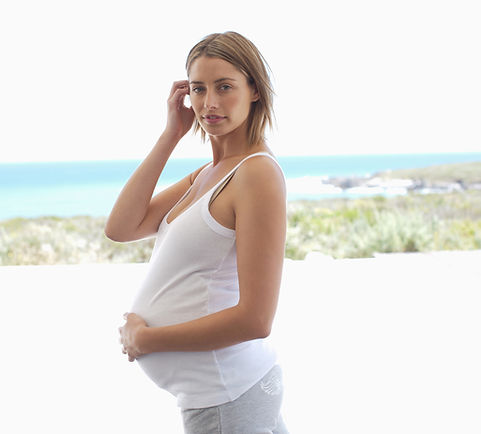
Many people with no specific symptoms use acupuncture to maintain health, prevent disease, promote well being and reduce stress caused by day to day life.

Acupuncture has been used in China for more than 2500 years. It is a branch of Traditional Chinese Medicine (TCM), which involves the insertion of very fine disposable needles to specific points on the body to “re-balance” the flow of the body’s energy.
Energy is called “QI” pronounced “Chi” in TCM and it flows through pathways called channels or meridians. It should flow in a free unobstructed way around the body much like your blood should flow. If it does not and there is a blockage then illness may result.
The body is like a machine and can adapt to a lot of stress and poor conditions, but only for so long. Disease is likely to result if any warnings are ignored.
Acupuncture costs £35 and lasts 1 hour.
Western Medicine’s View on Acupuncture:
In contrast, the Western explanation of acupuncture incorporates modern concepts of neuroscience and researchers at the National Institute of Health are studying at least three possible explanations for how acupuncture works:
Opioid release: During acupuncture, endorphins that are part of your body’s natural pain-control system may be released into your central nervous system – your brain and spinal cord. This reduces pain much like taking a pain medication.
Spinal cord stimulation: Acupuncture may stimulate the nerves in your spinal cord to release pain-suppressing neurotransmitters. This has sometimes been called the “gate theory.”
Blood flow changes: Acupuncture needles may increase the amount of blood flow in the area around the needle. The increased blood flow may supply additional nutrients or remove toxic substances, or both, promoting healing.

What does a treatment involve?
The acupuncturist, by stimulating needles in a certain way, can help get the QI moving again and promote a healthy environment within the body.
The overriding aim is to restore balance. Acupuncture should not be a painful treatment, and often people are surprised when they realise that the needles have been put in.
They are usually left for about 20 minutes during which time the patient has time to relax. The acupuncturist may stimulate the needles manually or with slight electric current to ensure the correct effect is achieved.
Balance and normal body function of the body’s systems is the aim of the treatment.


What can Acupuncture help treat?
The World Health Organisation has recognised that Acupuncture can be used to help treat a wide range of ailments including:
-
Back, neck and joint pain
-
IBS constipation & diarrhoea
-
Stress anxiety irritability, depression
-
Headache, migraine, nausea
-
Low energy levels
-
Reducing side effects from prescribed drug therapy
-
Increasing resistance to illness
Many people with no specific symptoms use acupuncture to maintain health, prevent disease, promote well being and reduce stress caused by day to day life.

Acupuncture and Fertility Issues
Western medicine works with an eye on the numbers. The main goal is to increase the quantity of eggs or sperm, thereby increasing your chances of a viable pregnancy.
In contrast, Traditional Chinese Medicine (TCM) is holistic and cumulative. It will likely include suggestions about diet and lifestyle as well as acupuncture.
TCM is very personalized. Your practitioner will needle specific points depending on your body and your situation. When your body is healthy and balanced, you increase your chances of getting pregnant and producing a healthy child.
The goal of acupuncture is to return your body to a state of health. The effects take time; the results get better over time.

Acupuncture in Pregnancy
Acupuncture may help a wide spectrum of symptoms suffered through pregnancy including :
-
Nausea
-
Constipation
-
Migraine
-
Headache
-
Anxiety
-
Back pain
-
Symphysis pubis pain
-
Varicose, vulval veins
-
Induction – only offered after date for hospital induction has been given to the patient.
-
Moxabustion for breech presentation
-
Prenatal acupuncture to help with a healthy pregnancy and labour.
Maria Rafferty
Holistic Therapist
Maria Rafferty BSc(Hons), Lic.Ac. CertATMAT, is an holistic therapist who offers an unique approach to women's health. By combining Traditional Chinese Acupuncture, Maya Abdominal Massage and Craniosacral Therapy with a client-centred philosophy, Maria is able to treat a range of conditions.
Maria's integrated approach focuses on the individual, taking into account their lifestyle and range of symptoms, to create a personalised treatment plan for the whole person.
By addressing the root causes of dis-ease (rather than simply treating the symptoms), Maria helps her clients to take control of their own well-being and go on to achieve the best possible levels of health and vitality. Clients are given the support and the tools they need to gently cleanse and heal in body, mind and spirit.
To make an appointment with Maria please contact her via email - info@mariarafferty.com
